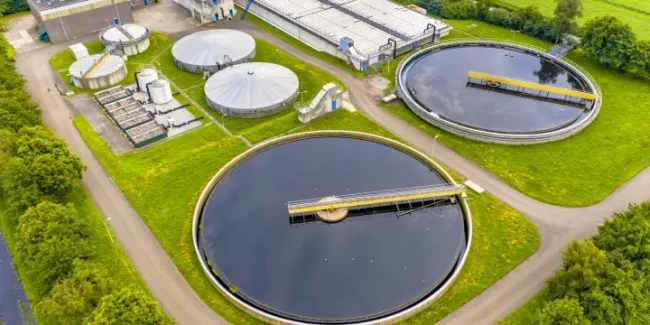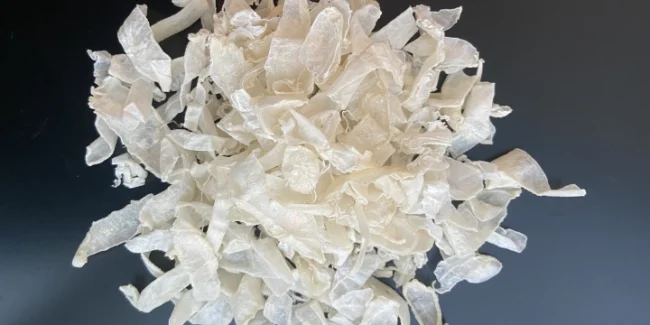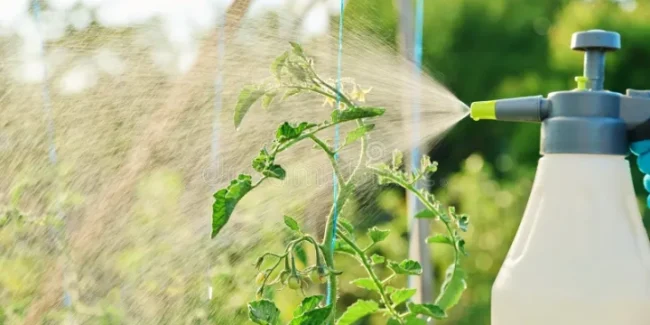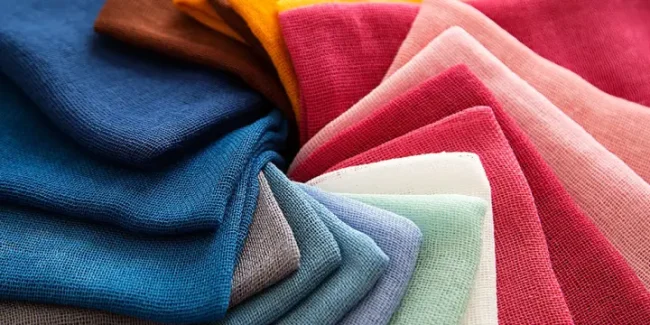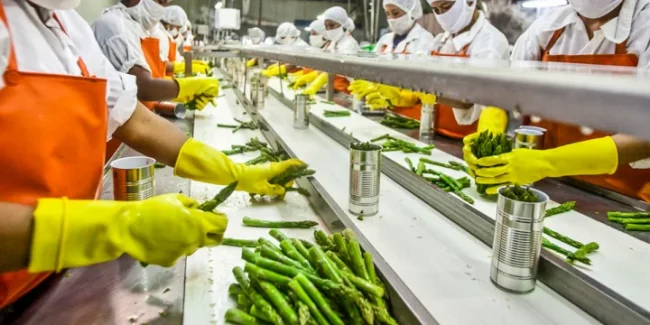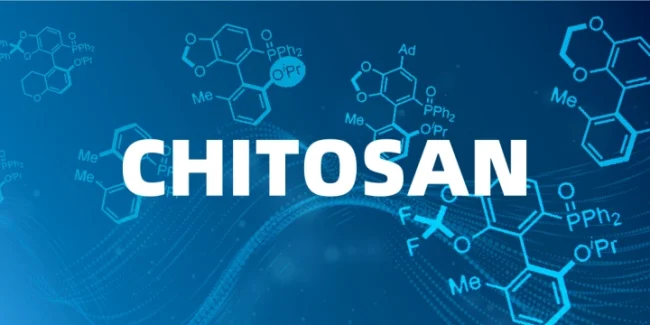Chitosan and Chitosan Oligosaccharide
Water pollution is one of the most pressing environmental challenges of our time. As industrialization and urbanization continue to expand, the need for effective wastewater treatment solutions has become more urgent. Traditional methods such as chemical coagulation and activated sludge processes are widely used but often come with high costs and environmental concerns. Enter Chitosan…
Chitosan is a naturally occurring biopolymer derived from chitin, a substance found in the exoskeletons of crustaceans such as crabs, shrimps, and lobsters, as well as in the cell walls of fungi. Its unique properties and biocompatibility make it a versatile material for various applications across industries. This article explores the structure, properties, production, and…
Chitosan oligosaccharides (COS) are increasingly used in foliar sprays as a plant treatment due to their natural plant growth-promoting, disease-fighting, and stress-resilience properties. Here’s how they are used in foliar sprays: 1. Stimulating Plant Defense Mechanisms: Inducing Systemic Acquired Resistance (SAR): When applied as a foliar spray, chitosan oligosaccharides are absorbed through the leaf surfaces…
In the quest for more sustainable agricultural practices, the need to reduce reliance on chemical pesticides and synthetic inputs has never been greater. Chitosan Hydrochloride, a water-soluble derivative of chitosan, offers a promising solution. This natural plant inducer is gaining attention for its ability to stimulate the endogenous defense responses of plants, promoting healthier crops…
Supplying Premium Textile-Grade Chitosan 🌱 Elevate Your Textiles with Chitosan – Nature’s Innovation! 🌿 Are you ready to revolutionize your textiles? Orison Chemicals Limited proudly supplies high-quality, textile-grade Chitosan, the sustainable solution for: Antimicrobial Finishes: Create bacteria and odor-resistant fabrics. Eco-Friendly Dyeing: Enhance dye fixation while reducing waste. Biodegradable Coatings: Add water resistance and durability…
Chitosan is used in food additives for its unique functional properties, which enhance the quality, safety, and shelf life of food products. Here’s how chitosan works in various applications as a food additive: 1. As a Natural Preservative Antimicrobial Action: Chitosan has antimicrobial properties against a wide range of microorganisms, including bacteria, fungi, and yeast.…
The relationship between chitosan viscosity and its degree of deacetylation (DD) is complex and influenced by several factors, but the key points of interaction include the following: 1. Degree of Deacetylation (DD) The DD of chitosan refers to the proportion of deacetylated glucosamine units in the polymer chain. A higher DD means more free amino…
Chitosan works in water treatment primarily as a flocculant and adsorbent, effectively removing suspended solids, heavy metals, oils, dyes, and other contaminants from water. Here’s how it works in detail: 1. Flocculation Process Mechanism: Chitosan has a positively charged molecular structure, which allows it to bind with negatively charged particles in water, such as dirt,…
The molecular weight of chitosan is directly related to its viscosity. Generally, as the molecular weight of chitosan increases, its viscosity also increases. This is because higher molecular weight chitosan has longer polymer chains, which lead to greater resistance to flow when the chitosan is dissolved in a solution. Here’s a breakdown of how molecular…

